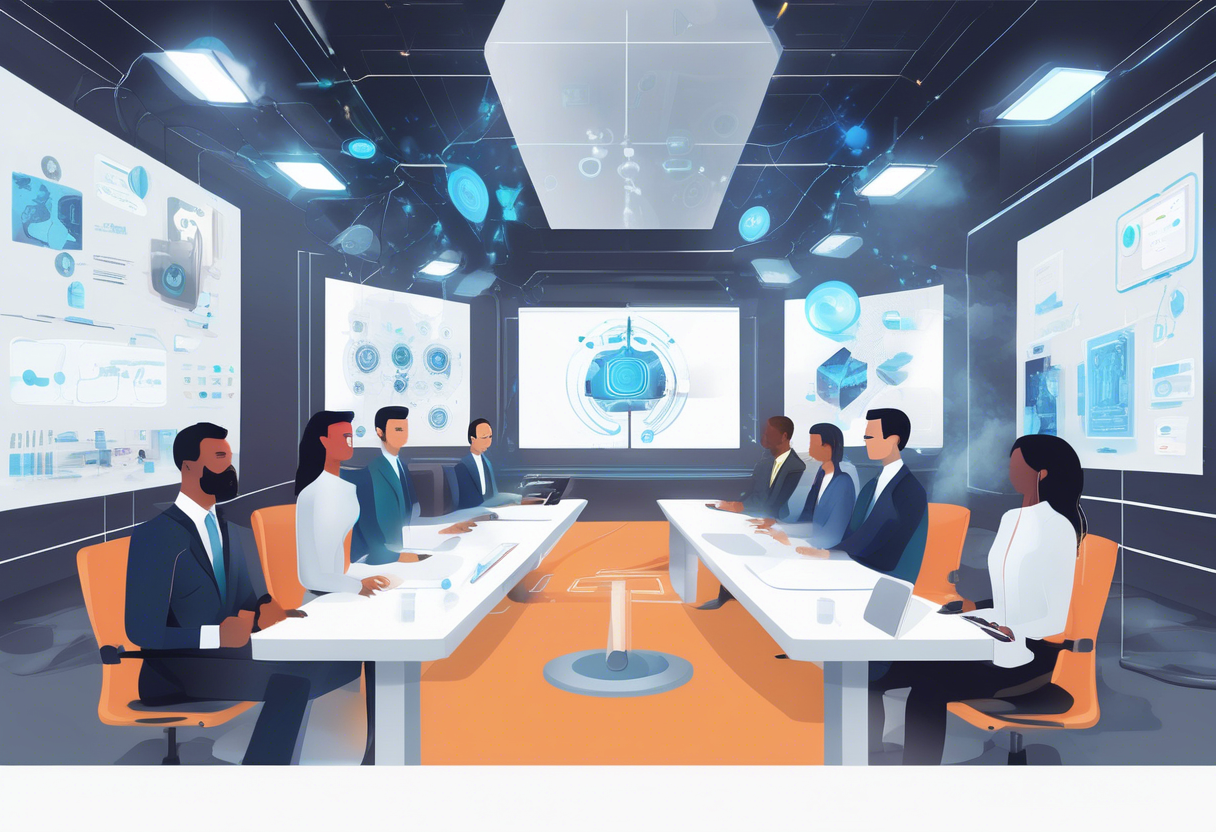
Technology is moving fast, and keeping up is key for businesses to succeed. As we look towards 2025, corporate training is changing a lot, thanks to new AI trends. Did you know that 74% of companies are already using AI in their training programs? This shows how AI is shaping the future of workforce development. Let's talk about the AI trends that are set to change corporate training. AI-driven personalization, AI-powered learning analytics, and skills development aren't just trendy terms. They're essential for keeping your organization ready for the future. Whether you're a business leader, an HR professional, or an employee wanting to boost your skills, understanding these trends will help you thrive in the ever-changing corporate world. So, let's explore these innovations that are not only improving learning experiences but also making sure your training strategies are as dynamic and forward-thinking as the technology behind them.
Summary: Dieser Artikel beschreibt die Trends der künstlichen Intelligenz in der betrieblichen Weiterbildung für 2025, einschließlich personalisierter Schulungen, Lernanalysen und Kompetenzentwicklung. Er untersucht, wie KI die Zukunft der betrieblichen Aus- und Weiterbildung sichern kann.
AI Trends Shaping Corporate Training in 2025
Evolution of AI in Corporate Training
Corporate training has undergone a significant transformation with the integration of AI technologies. AI enables the creation of personalized learning experiences tailored to individual styles, progress, and preferences, making training more effective and engaging.
Adaptive Learning: This system observes how you learn, adjusting the difficulty and content based on your performance and needs. It’s like having a personal trainer who provides immediate feedback, enhancing the learning process.
Efficiency through AI Automation: AI can automate the creation of training videos and interactive materials, reducing the reliance on costly in-person sessions. AI chatbots offer instant assistance, improving retention and easing the burden on trainers. Furthermore, AI analytics provide real-time tracking of employee performance, facilitating the refinement of training programs and the swift closure of skill gaps.
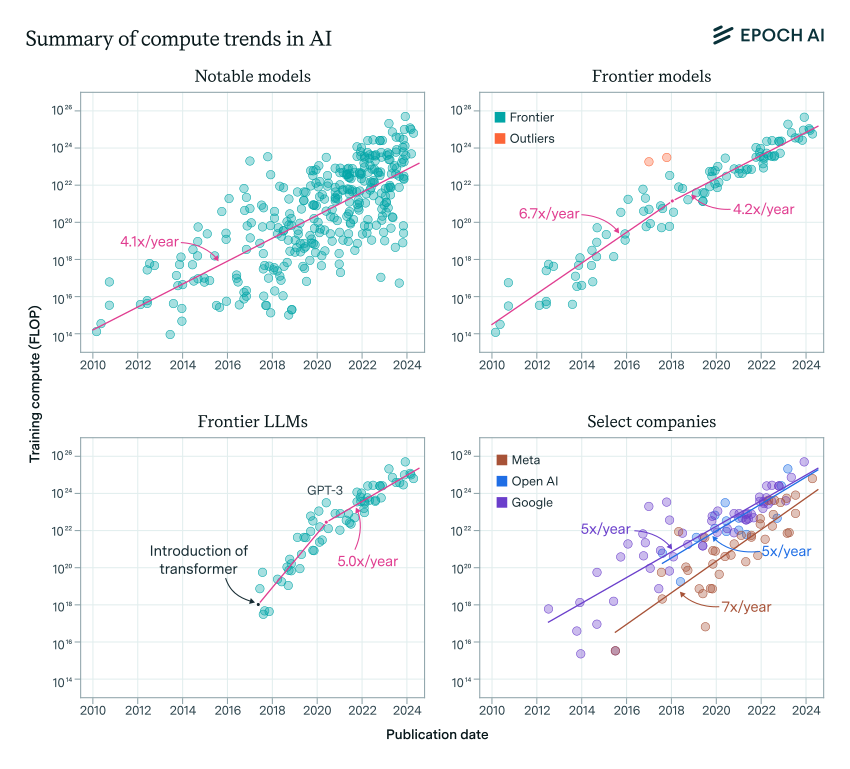
AI-Driven Scalability and Global Reach: AI-driven platforms are scalable and can reach a global audience, ensuring a consistent and customized learning experience. With the use of virtual and augmented reality, AI delivers immersive training, particularly beneficial for developing technical skills.
As AI continues to advance, it strives to seamlessly align corporate training with business objectives and workforce development needs.
AI-Driven Personalization in Corporate Training
AI-Powered Customized Learning Paths
AI has transformed corporate training by delivering personalized learning experiences tailored to each employee's unique needs, preferences, and learning styles. By monitoring learner behavior and analyzing past performance, AI creates learning paths that enhance engagement and skill development.
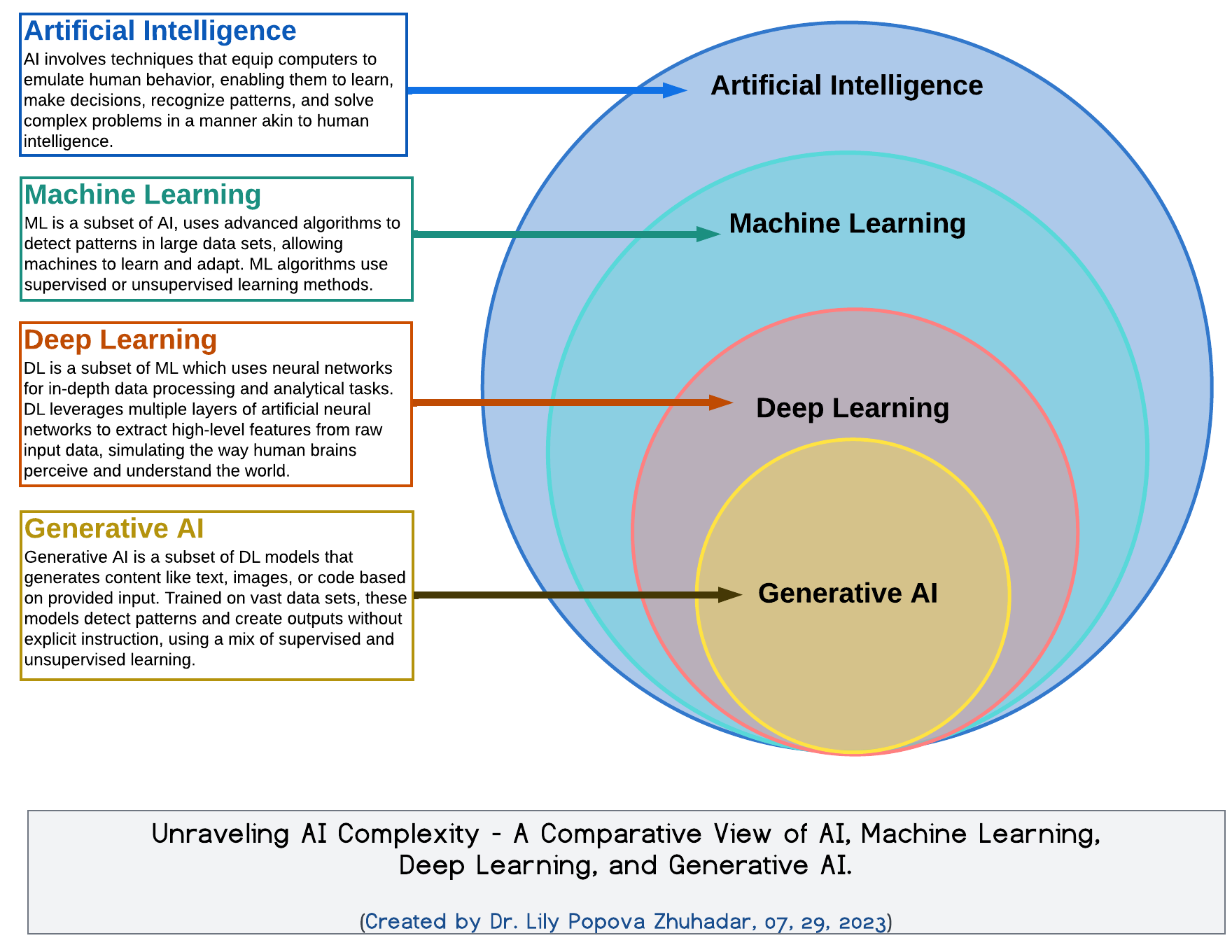
Generative AI plays a crucial role in dynamically creating and adapting training content, enabling course modules that meet learners' needs and can be scaled for localization. This personalization aligns content with employees' roles and career paths, resulting in improved engagement, skill development, and retention as AI caters to the diverse needs of the workforce.
AI-Enhanced Real-Time Feedback Systems
AI-powered coaching systems function like virtual tutors, providing real-time feedback and answering questions in a manner that aligns with the learner's style. These systems accelerate skill development by offering personalized problem-solving support throughout the learning journey. AI tutors are integral to onboarding, compliance, and skills training, delivering on-demand assistance that enhances the learning experience.
Real-time adaptive learning systems adjust training content and assessments on-the-fly based on performance, ensuring feedback is timely and relevant. AI-driven analytics provide predictive insights and data-based feedback, enabling organizations to continuously improve training effectiveness and align learning outcomes with business goals.
AI-driven personalized learning has demonstrated a 57% increase in learning efficiency, leading to enhanced employee productivity.

As more organizations adopt AI-powered tools, they experience significant cost savings and improved training outcomes, resulting in a more skilled workforce. AI-driven personalization in corporate training is no longer just a trend—it's essential for businesses aiming to remain competitive.
AI-Powered Learning Analytics
AI Trends in Data-Driven Training Optimization
AI learning analytics are revolutionizing training optimization by providing real-time assessments and actionable insights. These analytics enable organizations to:
- Identify trends
- Determine areas needing improvement
- Adjust underperforming training sessions
This alignment ensures that training supports broader business or public service objectives, maximizing the return on learning investments. For example, a state government leveraged AI analytics to identify future leaders and design personalized programs, preparing them for governance challenges. By analyzing performance data and career trajectories, AI customizes leadership development to emphasize critical skills, such as strategic decision-making and crisis management.
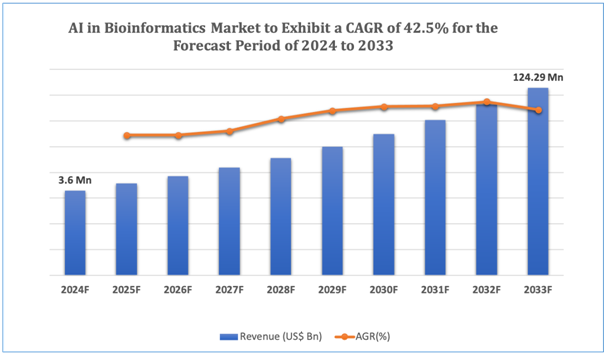
AI also employs predictive analytics to examine employee behavior, performance, and industry trends. This foresight allows organizations to anticipate learning needs and address skill gaps proactively, ensuring teams are equipped for future demands.
AI-Driven Predictive Analytics for Workforce Development
Predictive analytics, driven by AI, is transformative for workforce planning. By analyzing current employee data and industry trends, AI forecasts necessary skills, aiding organizations in planning upskilling and reskilling initiatives. These AI-driven models anticipate talent gaps and develop training programs aligned with business objectives and market demands.
Integrating predictive analytics with work-integrated learning models, such as apprenticeships and internships, enhances the connection between education and employment by aligning training with real-world requirements. These programs increasingly use AI to customize educational content and practical experience based on job market demands, enhancing learning and ensuring learners acquire essential skills for future roles.
As AI continues to evolve, its role in predictive analytics will expand, providing even more precise insights for learning and development. By 2025, AI-driven predictive analytics will be crucial for improving student retention and enabling proactive interventions. Currently, 40-50% of ed-tech firms utilize AI learning analytics, underscoring their growing significance. Moreover, 60% of educators incorporate AI daily in classrooms, a figure expected to increase, highlighting AI's role in personalizing learning and enhancing engagement.
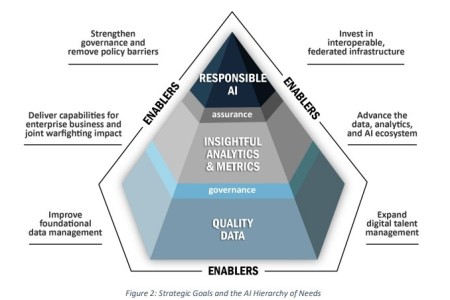
Workforce training captured 36% of EdTech funding in 2024 due to AI-enhanced upskilling, reflecting the reliance of corporate training on AI to align learning with business goals.
AI-powered learning analytics are transforming how organizations approach training and development, ensuring learning strategies are data-driven, personalized, and prepared for future skill requirements.
AI Trends in Skills Development
Upskilling and Reskilling with AI Trends
AI is transforming how we acquire new skills, particularly in the realm of generative AI. By 2025, companies are recognizing the immense value of AI training, with 57% of employers eager to address AI skill gaps through targeted training programs.
Focus on Skills-Based AI Training
Businesses are prioritizing skills-based training, allowing employees time to learn and engage in discussions with managers about their development. This dual approach supports career growth while aligning with corporate objectives. Consider a global tech company that leveraged AI-driven learning platforms to educate two million employees on generative AI within a year. This example underscores the significant impact AI can have on learning.

Beyond Technical AI Skills
It's not solely about technical skills; human skills like critical thinking, creativity, and adaptability are equally important. These skills complement AI, enabling individuals to verify AI outputs and generate innovative ideas. Modern learning strategies now incorporate AI to create personalized learning paths, ensuring training is well-suited to individual needs.
AI-Enhanced Peer-to-Peer Learning
AI is enhancing peer-to-peer learning by integrating employee expertise into the process. This approach allows workers to serve as both educators and learners, fostering a culture of continuous learning and knowledge sharing. AI tools and data contribute to making training more intelligent, engaging, and future-ready, thereby enhancing peer-to-peer knowledge exchange.
AI Opportunities for Ambitious Learners
For ambitious individuals, peer learning presents an opportunity to excel and engage actively. AI assists by recommending appropriate content and connections. One organization implemented AI platforms to establish learning communities where employees exchange insights and mentor one another, increasing engagement and accelerating skill development. Additionally, AI chatbots manage routine inquiries and initiate group discussions, allowing learners to tackle more complex challenges and engage with peers, enriching the learning experience.
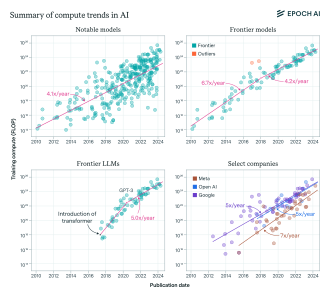
For more insights on Generative AI skills and the role of AI-driven tools in enhancing peer learning, explore these resources.
Future-Proofing Corporate Training with AI
Ethical AI Trends and Data Privacy in Corporate Training
The integration of AI in corporate training involves the collection and analysis of employee data to tailor learning experiences and track progress. However, this raises significant concerns regarding data privacy and security, as highlighted by Data Society. Companies must strike a balance between the benefits of AI and the implementation of stringent privacy policies to safeguard employee information and comply with regulations such as GDPR or CCPA.
According to Training Industry, transparency about data usage and ethical AI practices are crucial for maintaining employee trust. It is beneficial to be open about how data is utilized and to employ AI tools responsibly, as noted by Training Magazine. For instance, a company using AI virtual coaches might encrypt all learning data and restrict access to authorized personnel, while clearly communicating to employees how their data contributes to personalized training.
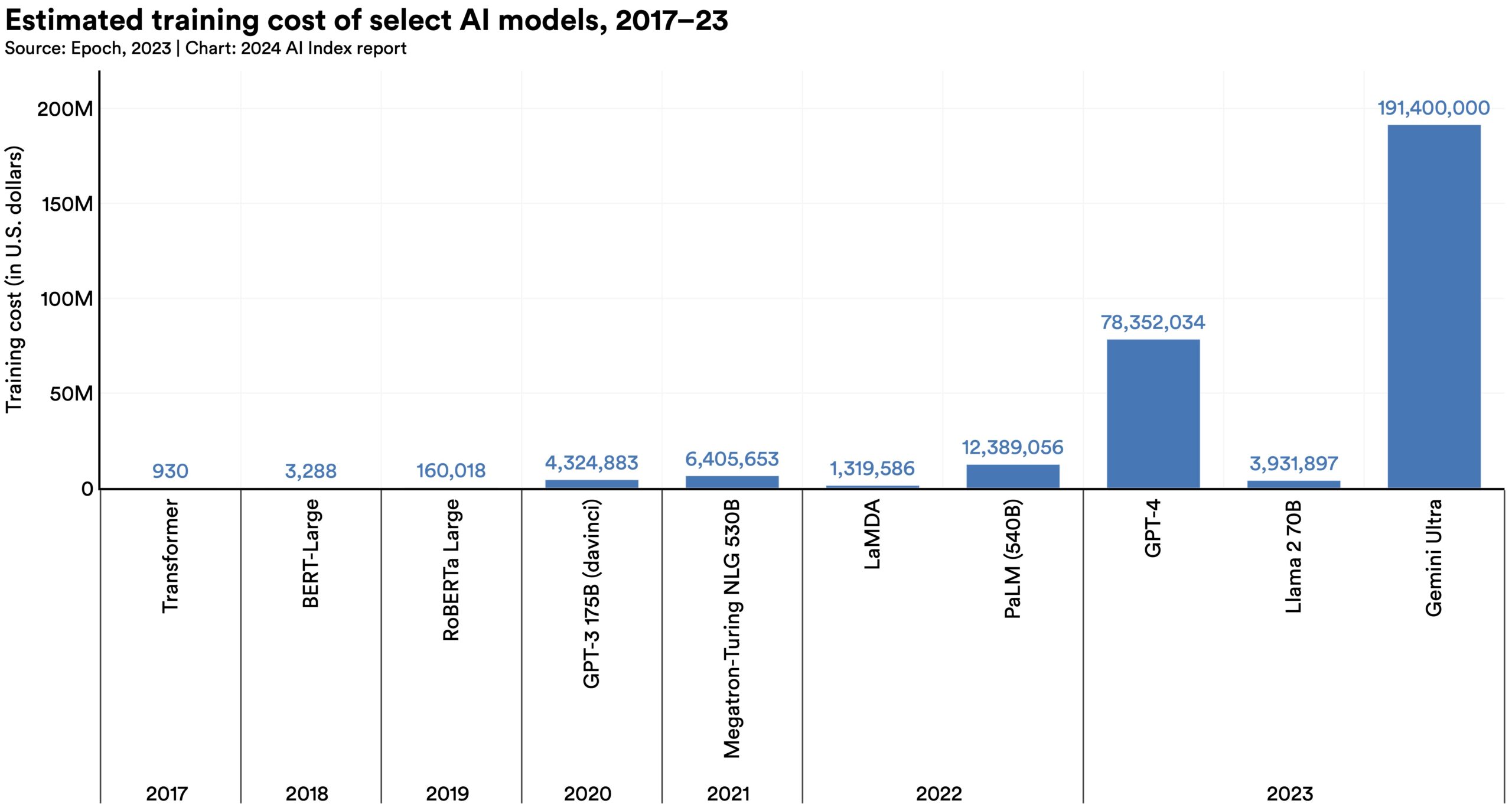
AI Innovation Case Studies Across Industries
AI is revolutionizing corporate training across various sectors:
-
Technology: A global tech firm leverages AI to produce training videos featuring digital avatars of executives. This approach ensures consistent onboarding worldwide, reduces costs, and enhances engagement, as reported by Data Society.
-
Finance: In the financial sector, AI chatbots serve as virtual coaches, providing real-time assistance during compliance training. This accelerates learning and improves retention, according to Shift Learning.
-
Manufacturing: A manufacturing company employs AI-enhanced virtual and augmented reality for technical training, offering immersive practice sessions that enhance performance and safety, as detailed by Data Society.
-
Retail: In retail, AI learning analytics connect training outcomes directly to business metrics, thereby enhancing leadership development and employee engagement, as noted by Training Industry.

These examples illustrate AI's potential to enhance learning and drive growth by equipping employees with the necessary skills to thrive in an ever-evolving business landscape.
FAQ Section
How Will AI-Driven Personalized Learning Paths Enhance Employee Engagement by 2025?
By 2025, AI-driven personalized learning paths are set to significantly enhance employee engagement. These systems tailor skill development and streamline workflows, making employees more engaged and productive. With AI handling routine tasks, workers can focus on more meaningful activities, deepening their engagement.
AI tools are becoming essential, simplifying tasks and offering personalized learning experiences that motivate employees. Imagine using an AI platform that adjusts training content based on your progress and skill gaps. This keeps you engaged and helps you master new skills faster. As AI evolves, it will create a learning environment that's more dynamic and tuned to individual needs, making training more relevant and engaging.
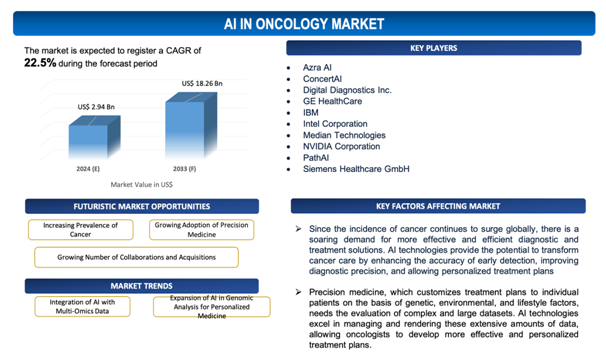
Key Benefits of AI Integration in Corporate Training Programs
Integrating AI into corporate training programs offers numerous benefits:
- Personalized Content Delivery: Enhances learning effectiveness and retention.
- Routine Task Management: AI can handle routine training tasks and provide real-time feedback, enhancing the learner experience and reducing administrative work.
- Scalable Training Programs: AI helps scale training programs efficiently, as seen in public sector cases where AI sped up responses and improved service quality.
- AI-Driven Virtual Coaches: These adapt to learning styles and provide instant feedback, accelerating skill development and increasing training satisfaction.
- AI-Powered Analytics: Offers insights into training effectiveness and employee performance, helping organizations spot trends, measure ROI, and make informed decisions about future training investments.
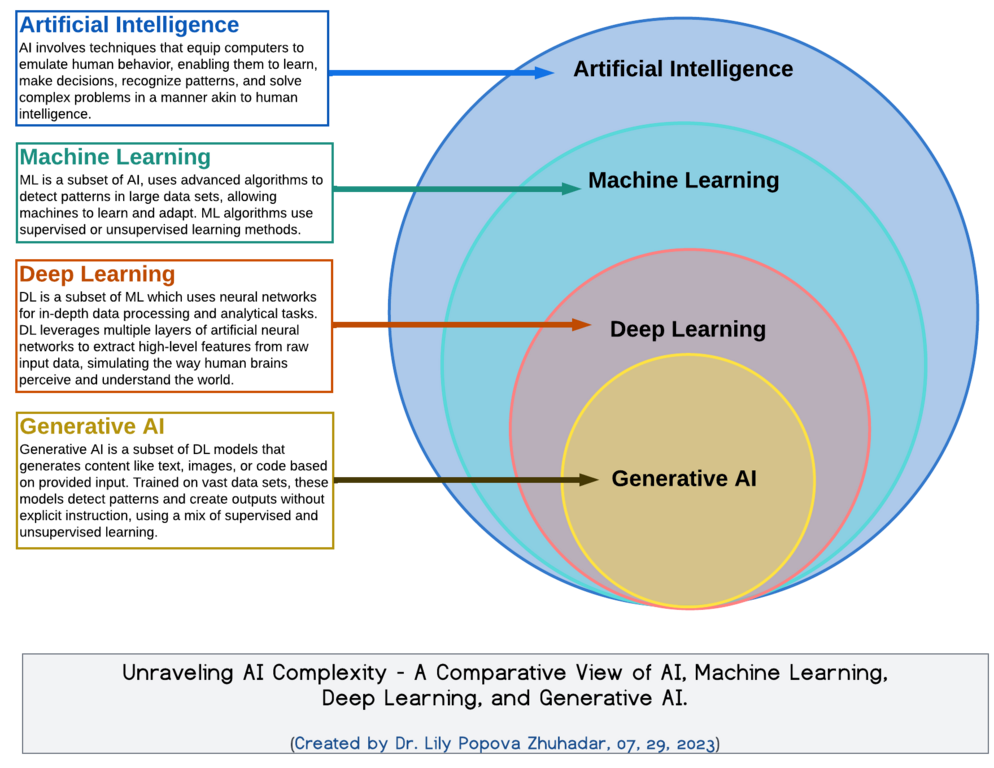
How AI Closes Skills Gaps in Organizations
AI is crucial in identifying and closing skills gaps within organizations. By analyzing performance data, AI can pinpoint skill gaps and suggest targeted learning interventions.
- Focus on Advanced Skills: AI systems can take over routine tasks, allowing employees to concentrate on building advanced skills.
- Custom Training Programs: A company might use AI to identify emerging skill shortages and implement custom training to upskill staff, closing gaps before they affect performance.
- AI-Driven Mentorship Programs: These can pair employees with mentors based on skills and interests, promoting knowledge sharing and collaboration. This not only helps bridge skills gaps but also fosters a culture of continuous improvement and innovation.
As AI trends grow, the focus on personalized AI tools will reshape corporate training and engagement. These innovations will create efficient, tailored learning experiences that tackle skills gaps and boost productivity, marking a shift from traditional training methods. Industry analysts emphasize AI's role in corporate training as a key factor for workforce upskilling and staying competitive in 2025. However, challenges like data privacy, system integration, and equitable access need addressing for organizations to fully harness AI's potential.
AI trends | AI-powered agents | AI in corporate scalability | AI Predictions | AI statistics and trends